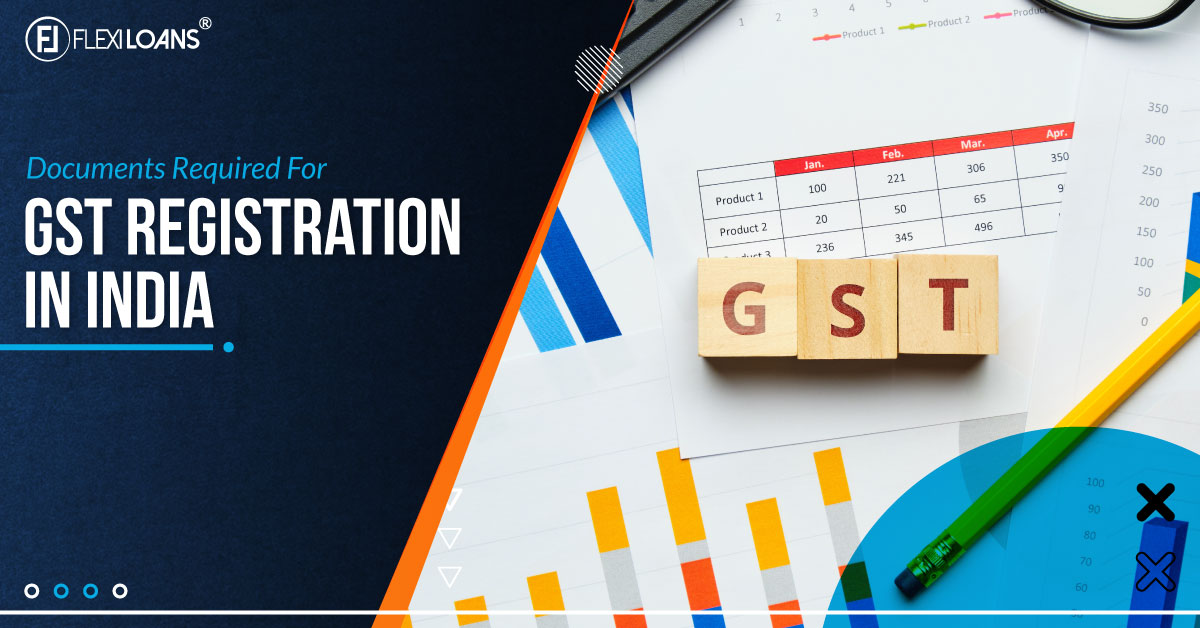Why Organizations Prefer the Best GST Registration Services in Singapore
Why Organizations Prefer the Best GST Registration Services in Singapore
Blog Article
Throughout: The Ultimate Roadmap to GST Registration for Organizations Seeking Financial Stability
Browsing the intricacies of Product and Solutions Tax Obligation (GST) enrollment is a crucial step for companies aiming for monetary security. Breaking down the roadmap right into convenient steps can simplify the registration journey for services looking to boost their economic standing.
Understanding GST Basics
Looking into the essential concepts of Item and Provider Tax Obligation (GST) is necessary for obtaining a detailed understanding of its implications on businesses and the economic situation. GST is a value-added tax obligation imposed on a lot of goods and solutions for residential consumption. It has actually changed multiple indirect tax obligations that existed in the pre-GST period, enhancing the tax framework and improving simplicity of doing company in India. Under the GST system, both services and items are taxed at a particular rate, which is identified based on their classification. If their annual turn over surpasses the threshold limit established by the government, businesses are called for to sign up for GST. Input Tax Credit (ITC) is a significant feature of GST, allowing companies to assert credit scores for tax obligations paid on inputs, reducing the general tax worry. Understanding the essentials of GST is vital for organizations to follow tax regulations, manage their finances efficiently, and add to the nation's economic development by taking part in a transparent tax obligation system.
Eligibility Criteria for Enrollment
As of the current policies, the threshold limit for GST registration is an annual aggregate turn over of 40 lakhs for organizations running within a state, other than for unique classification states where the restriction is 20 lakhs. In addition, certain companies are required to register for GST irrespective of their turn over, such as interstate suppliers, informal taxable persons, and businesses responsible to pay tax obligation under the reverse fee device. It is critical for services to completely evaluate their turn over and transaction kinds to determine their GST enrollment responsibilities properly.
Files Needed for Enrollment
Having fulfilled the qualification criteria for GST registration, companies must now ensure they have the requisite records in place to proceed with the enrollment process efficiently. The files required for GST registration normally consist of evidence of service constitution, such as collaboration act, enrollment certificate, or unification certification for different types of services. Furthermore, services need to supply records establishing the principal place of business, such as a rental contract or electricity costs.
Step-by-Step Registration Process
Commencing the GST enrollment process entails a series of structured steps to ensure a seamless and certified registration for services. The very first step is to go to the GST site and complete the registration type with exact details of business entity. Following this, the applicant obtains a Short-lived Reference Number (TRN) which is utilized to return to the application process if it's not completed in one go.
Following, all required documents according to the checklist given by the GST portal demand to be posted. These papers usually consist of Homepage evidence of service enrollment, identification and address proofs of promoters, economic declarations, and company entity's frying pan card.

Post-Registration Compliance Guidelines

Final Thought
To conclude, businesses looking for financial security should understand the basics check this site out of GST, fulfill qualification requirements, collect essential records, adhere to the step-by-step registration process, and abide by post-registration standards - Best GST registration services in Singapore. By sticking to these steps, organizations can ensure conformity with tax obligation laws and keep monetary stability over time
Furthermore, specific services are required to sign up for GST irrespective of their turnover, such as interstate distributors, laid-back taxed individuals, and companies accountable to pay tax under the reverse fee device.Having met the qualification requirements for GST registration, organizations need to now ensure they have the requisite documents in area to continue with the registration procedure successfully. The files needed for GST registration generally include evidence of company constitution, such as partnership deed, enrollment certificate, or incorporation certificate for different types of businesses. Additionally, companies need to offer records developing the primary place of organization, such as a rental contract or electrical power expense.Starting the GST registration procedure includes a collection of organized steps to ensure a smooth and certified registration for services.
Report this page